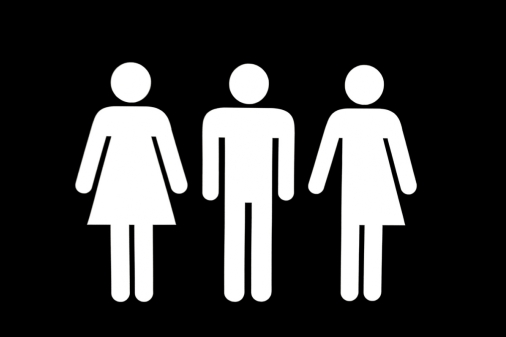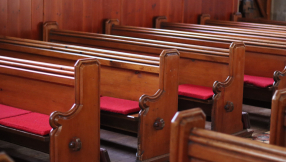
Following the Supreme Court’s decision to make biological reality the basis upon which a person’s sex is determined, the Equality and Human Rights Commission (EHRC) has issued interim guidance on how public and private institutions should accommodate trans people.
The EHRC said that the guidance was necessary following the ruling due to public uncertainty about the ruling’s implications.
The guidance reiterated what the ruling has determined, namely that “trans women” are to be regarded as biological males and “trans men” are to be regarded as biological females.
The guidance states that workplaces are obliged “to provide sufficient single-sex toilets” and single-sex changing and washing facilities where applicable.
Services open to the public, like hospitals and restaurants, are being advised that trans women should not be permitted to use the ladies facilities and vice versa, as to do so would effectively render the facilities open to all sexes.
The guidance added, though, that trans people should not be put in a position where there are no facilities available to them and that there are some circumstances in which trans women could be barred from using male facilities.
Schools are required to provide single-sex toilets for boys and girls over the age of 8. Boys identifying as girls are not permitted to use the girls' toilets in schools and vice versa.
The EHRC also issued guidance on private associations, saying that groups of 25 or more people can be limited to men or women only. Associations can also be limited to people who have two “protected characteristics”.
The guidance reads, “It can be, for example, for gay men only or lesbian women only. A women-only or lesbian-only association should not admit trans women (biological men), and a men-only or gay men-only association should not admit trans men (biological women).”
The EHRC noted that the guidance it provided was only an interim measure and that it hoped to provide an updated Code of Practice to the government by June. It also stated it would be releasing separate guidance on how the Supreme Court ruling will affect sport “in due course”.













